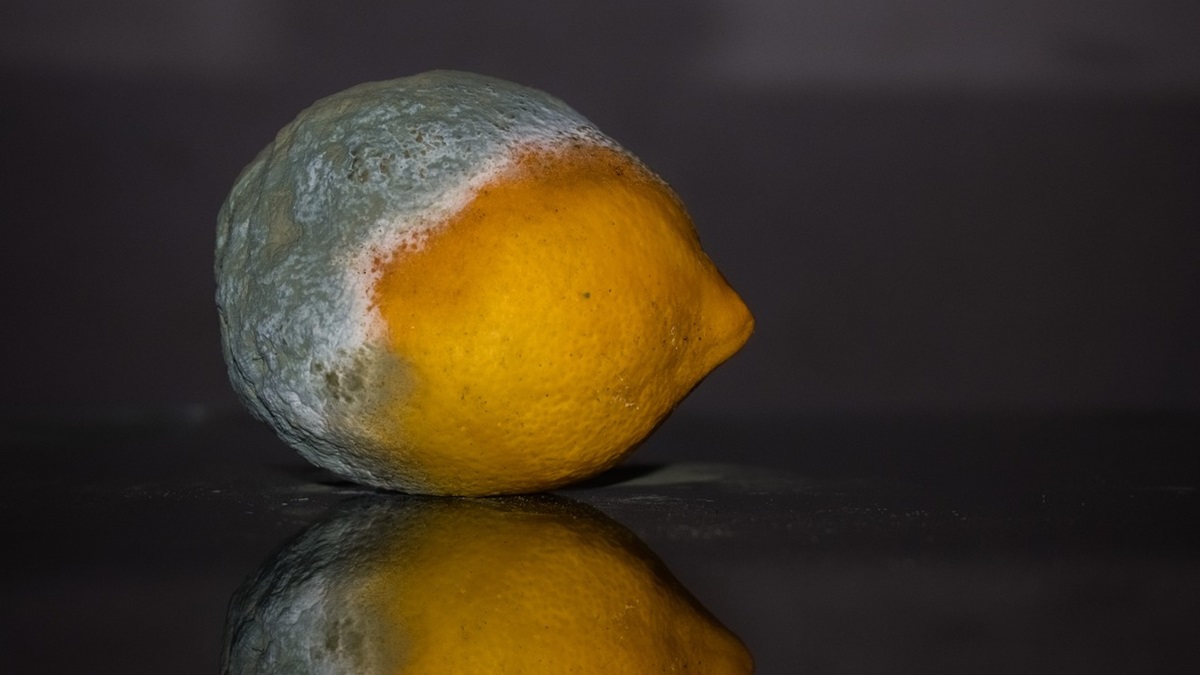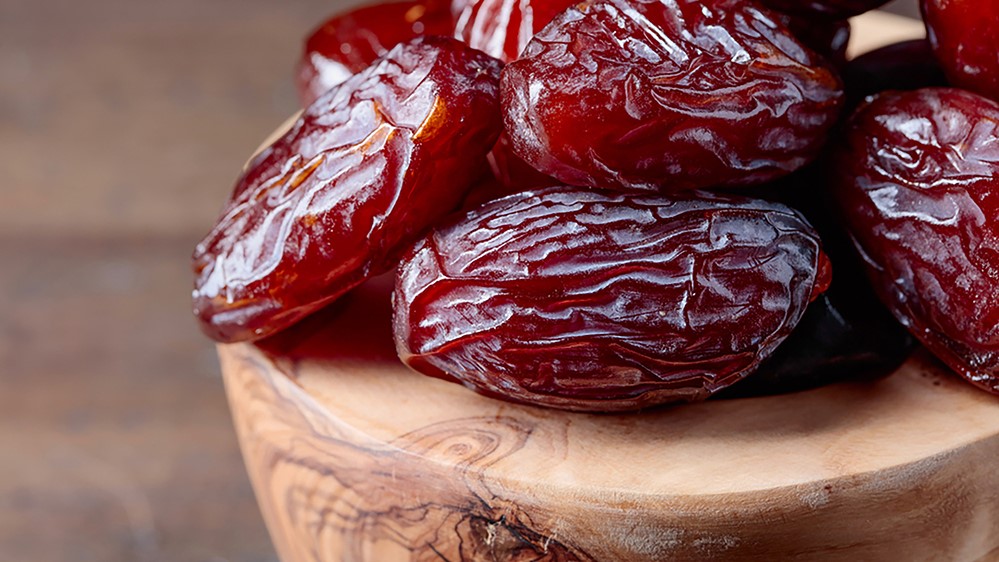Actualidad
Reducing Imazalil Doses for Citrus Rot Control Through the Combination of Sodium Benzoate and Heat
An Innovative Strategy to Reduce Fungicide Residues in Citrus Without Compromising Postharvest Decay Control

Green and blue molds, caused by the fungi Penicillium digitatum and P. italicum, are the most harmful postharvest diseases in citrus, particularly in Mediterranean climate regions like Spain. Traditionally, imazalil (IMZ), a synthetic fungicide with high efficacy and anti-sporulating properties, has been the preferred treatment to combat these pathogens. However, growing concerns about the effects of imazalil on human health and the environment have driven the demand for more sustainable solutions that result in lower fungicide residues in agricultural products. This need is reflected in European regulations, such as the Farm to Fork Strategy of the European Green Deal, which mandates the reduction of pesticide residues in food.
In this context, a recent study presented at the VII International Symposium on Postharvest Pathology (Postharvest 2024), conducted by researchers L. Palou, A. García-Rodríguez, and M.B. Pérez-Gago, explores a viable alternative for reducing imazalil doses in antifungal treatment of citrus. The research focuses on combining low doses of IMZ (25 and 50 ppm) with sodium benzoate (SB), a generally recognized as safe (GRAS) food additive, and heat.
The treatments involved immersing citrus fruits artificially inoculated with P. digitatum or P. italicum in hot aqueous solutions at 50°C for 60 seconds. The results showed that the combination of IMZ (50 ppm) with SB (3% p/v) achieved over a 90% reduction in the incidence of green and blue molds in ‘Valencia’ oranges stored at 20°C for 7 days, compared to control fruits treated with water at 20°C. This approach also proved effective in other citrus varieties, such as ‘Lanelate’ oranges and ‘Ortanique’ mandarins, as well as in ‘Valencia’ oranges stored under cold conditions at 5°C for 8 weeks, followed by a commercial period of one week at 20°C. In contrast, treatments with IMZ or SB alone, either at 20°C or 50°C, resulted in disease incidence reductions ranging from 50% to 70%.
These findings suggest that the combination of low concentrations of IMZ with sodium benzoate and heat could be a promising strategy to reduce fungicide residues in citrus without compromising antifungal treatment efficacy. This technique not only meets the demands of international markets and environmental regulations but also represents a step toward more sustainable and safer agricultural practices.
This study significantly contributes to the development of alternative methods for postharvest disease control in citrus, aligning with global strategies to improve sustainability and food safety in agriculture.










